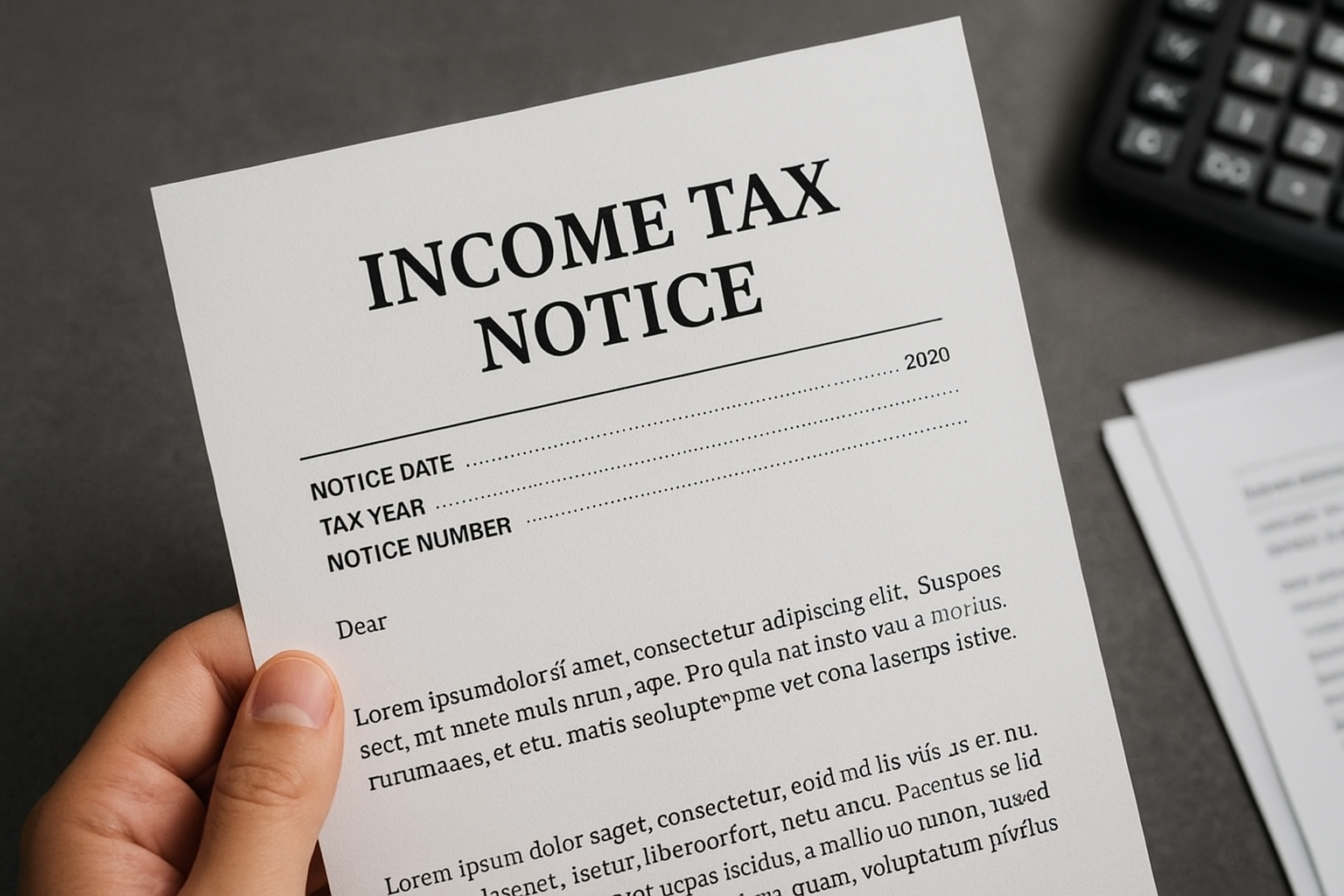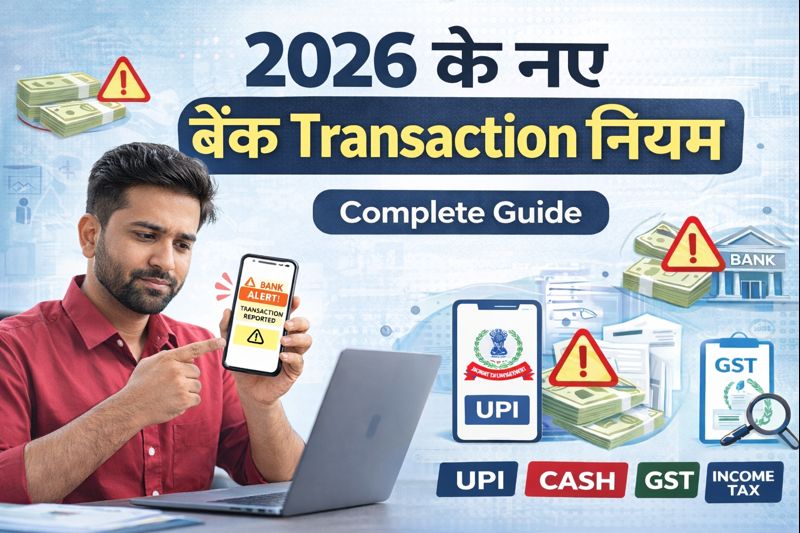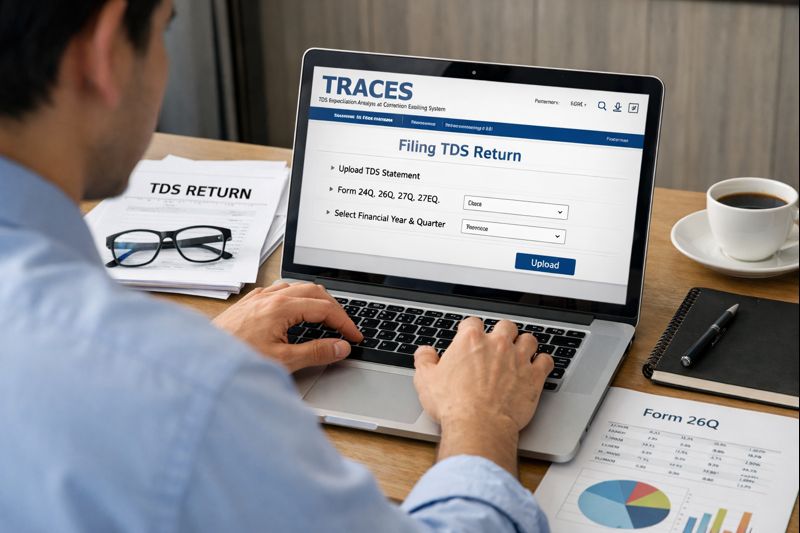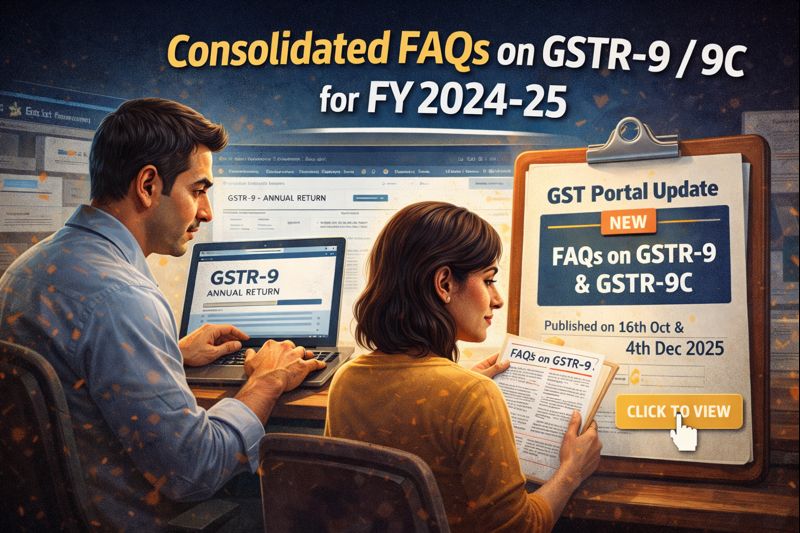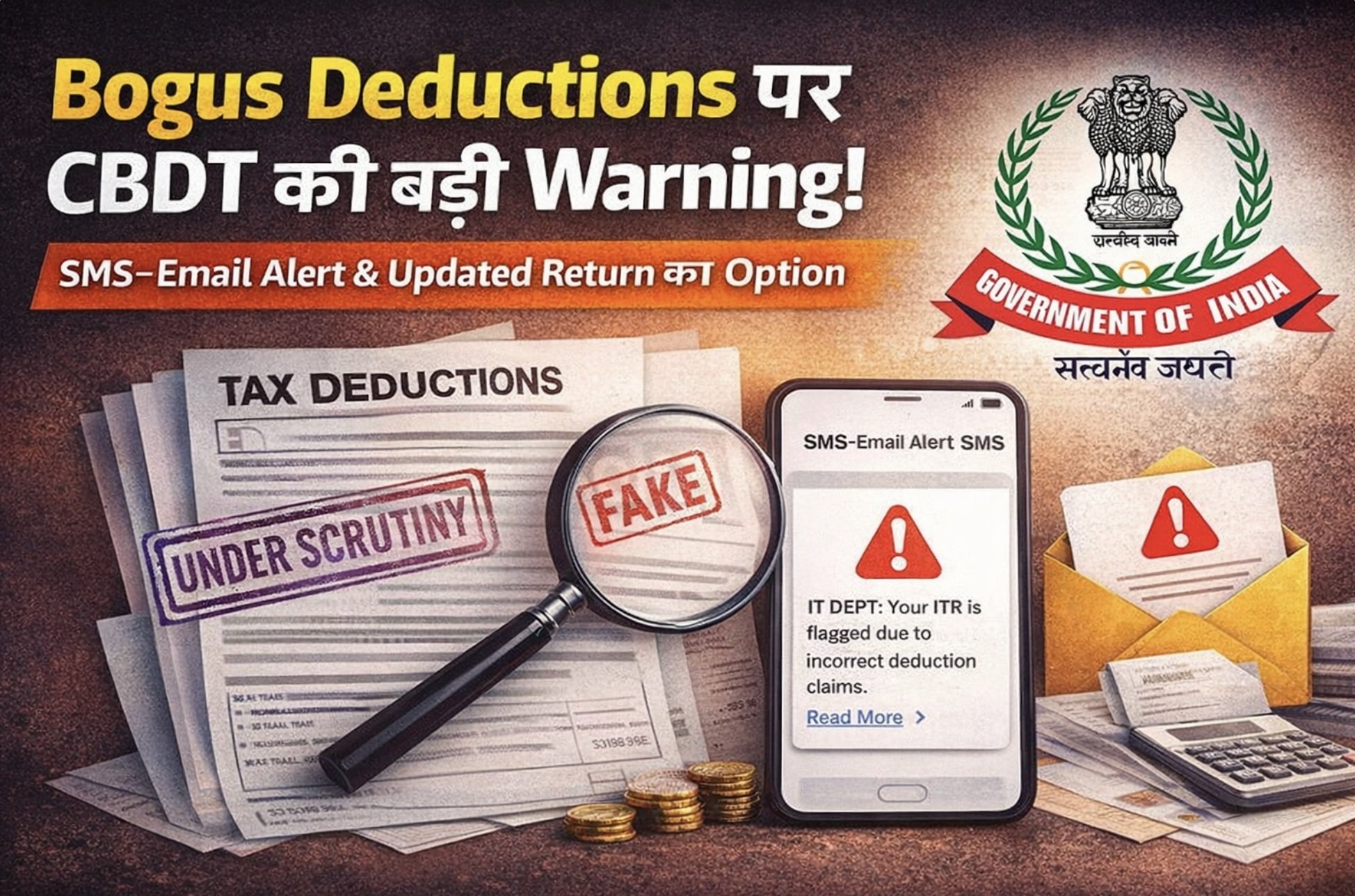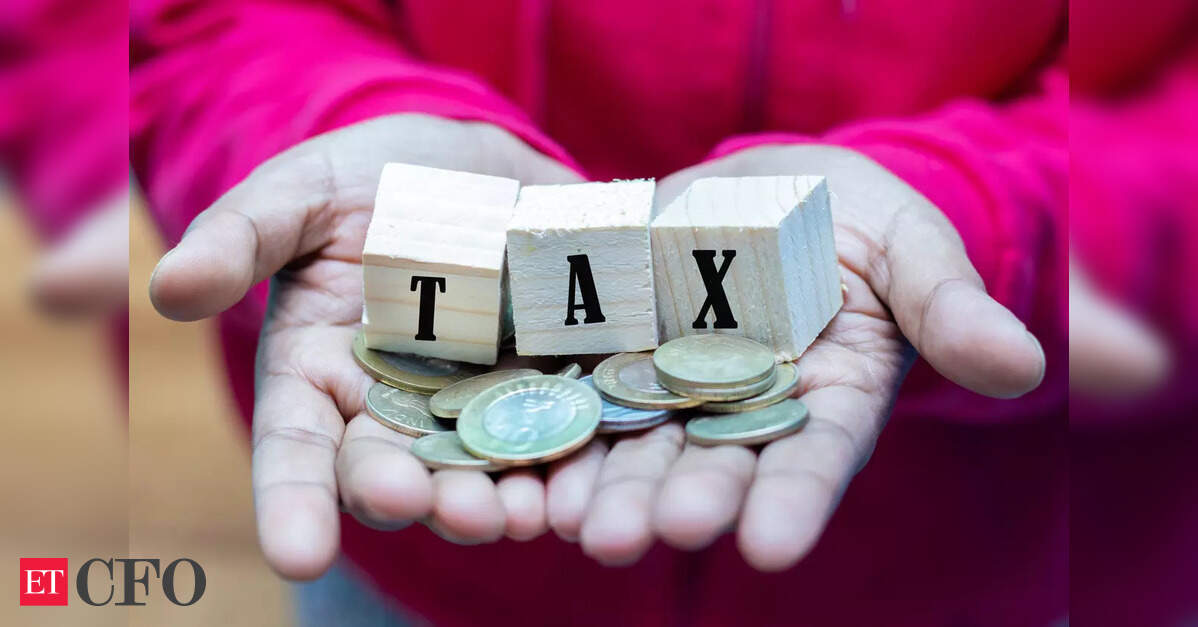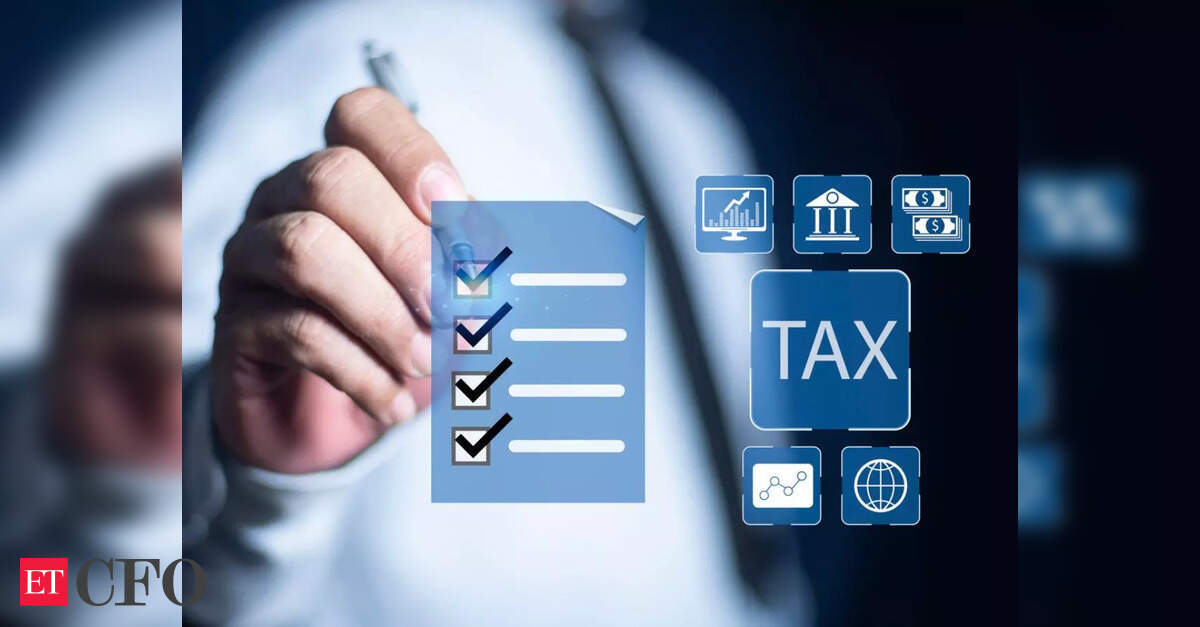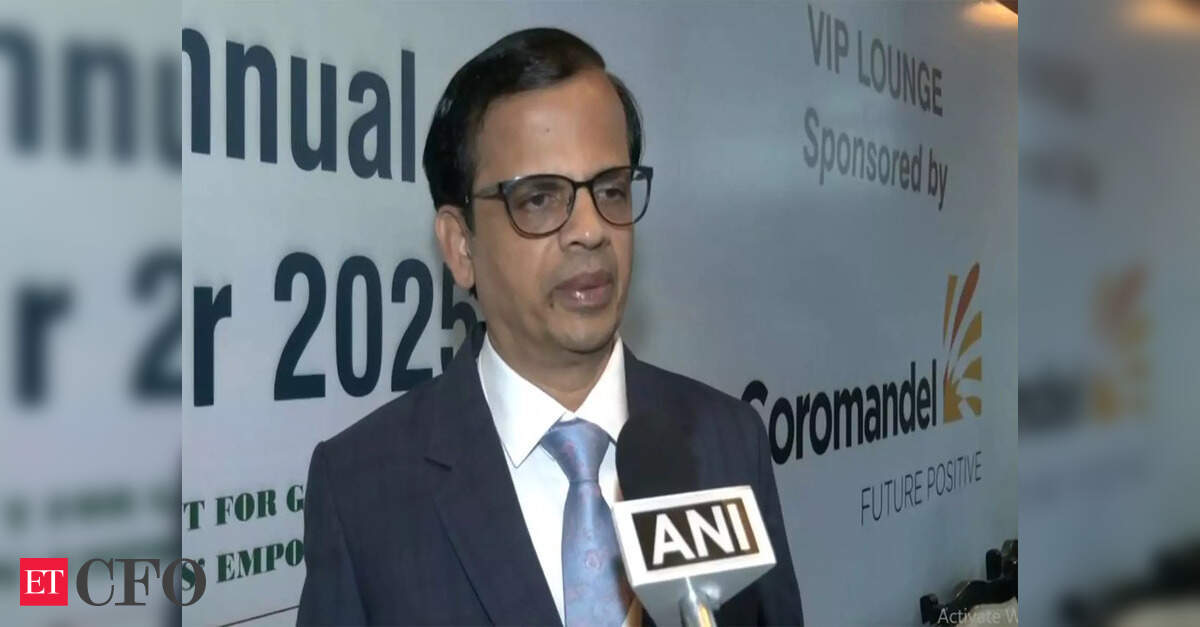Bitcoin, invented by an individual or group known as Satoshi Nakamoto, was the first cryptocurrency to enter the market in 2009. Since then, numerous other cryptocurrencies have been launched, including popular ones like Bitcoin Cash, Ripple (XRP), and Litecoin. As of January 2022, it is estimated that there are more than 8,000 cryptocurrencies in existence.
In India, the cryptocurrency market has experienced significant growth in recent years, according to a study conducted by Nasscom and WazirX. It is projected that Indian investments in cryptocurrency could reach $241 million by 2030. Currently, India has the highest number of cryptocurrency owners globally.
At present, there is no specific legislation in India that governs, regulates, or prohibits the buying, selling, trading, or mining of cryptocurrencies. Therefore, it is not illegal to engage in these activities or establish cryptocurrency exchanges in India. However, due to the associated risks of investing in cryptocurrencies, there have been speculations about the introduction of a bill during the Winter Session of Parliament to either ban or regulate cryptocurrencies. However, the bill was not introduced at that time.
It is important to note that the cryptocurrency landscape in India is constantly evolving, and regulations may be introduced in the future to address the concerns and risks associated with cryptocurrencies. Individuals and businesses involved in cryptocurrencies should stay updated with the latest developments and adhere to any regulatory requirements that may be implemented in the future.
In the Union Budget 2022, the Indian government has clarified its stance on cryptocurrencies by stating that it will not prohibit Indians from dealing in cryptocurrencies but instead aims to regulate them. As part of this regulation, various provisions have been proposed in the Income-tax Act to govern investments in cryptocurrencies, non-fungible tokens (NFTs), and other virtual digital assets. These provisions are set to be applicable from the assessment year 2023-24. Therefore, any transfer of a virtual digital asset on or after April 1, 2022, will be subject to taxation under the new provisions proposed by the Finance Bill, 2022.
The proposed provisions introduce three levels of taxation for virtual digital assets:
- Special Tax Rate of 30%: Virtual digital assets will be subject to a special tax rate of 30%. This means that any gains or profits arising from the transfer of such assets will be taxed at a rate of 30%.
- TDS under Section 194S (PAN-based Challan 26QE): Tax Deducted at Source (TDS) provisions under Section 194S will apply to transactions involving virtual digital assets. This means that when making payments for the transfer of these assets, the payer will be required to deduct tax at source and deposit it using a PAN-based Challan 26QE.
- Gift Taxability under Section 56(2)(x): Transfers of virtual digital assets by way of gifts will be subject to gift taxability under Section 56(2)(x) of the Income-tax Act. This implies that if virtual digital assets are received as gifts, they will be liable to be taxed as per the provisions outlined in this section.
Meaning of Virtual Digital Assets
As per Section 2(47A) of Income Tax Act 1961:
(a) Any information or code or number or token (not being Indian currency or foreign currency), generated through cryptographic means or otherwise, by whatever name called, providing a digital representation of value exchanged with or without consideration, with the promise or representation of having inherent value, or functions as a store of value or a unit of account including its use in any financial transaction or investment, but not limited to investment scheme; and can be transferred, stored or traded electronically;
(b) Non-fungible Token (NFT) or any other token of similar nature, by whatever name called;
(c) Any other digital asset, as the Central Government may, by notification in the Official Gazette specify.
In simple words, the virtual digital asset shall mean a cryptocurrency, NFT or another virtual digital asset as notified by the Central Govt. It will not cover subscriptions to any OTT platform, mobile applications, e-commerce platforms, etc.
The Central Government may, by notification in the Official Gazette, exclude any digital asset from the definition of a virtual digital asset subject to such conditions as may be specified therein. Such powers might have been given to the Central Govt. to exclude India’s first digital currency or Central Bank Digital Currency (CBDC).
Classification of Virtual Digital Assets
- Therefore, cryptocurrencies or NFTs should be deemed capital assets, if purchased for investments by the taxpayers. Therefore, any gain arising on the transfer of such assets shall be taxable as capital gains.
- However, if the transactions in such assets are substantial and frequent, it should be held that the taxpayer is trading in such assets. In this case, income from the sale of such assets should be taxable as business income.
Taxation of Virtual Digital Assets
- Section 15BBH. (1) Where the total income of an assessee includes any income from the transfer of any virtual digital asset, notwithstanding anything contained in any other provision of this Act, the income-tax payable shall be the aggregate of,—
- (a) the amount of income-tax calculated on the income from transfer of such virtual digital asset at the rate of thirty per cent; and
- (b) the amount of income-tax with which the assessee would have been chargeable, had the total income of the assessee been reduced by the income referred to in clause (a).
- 15BBH. (2) Notwithstanding anything contained in any other provision of this Act,—
- (a) no deduction in respect of any expenditure (other than cost of acquisition, if any) or allowance or set off of any loss shall be allowed to the assessee under any provision of this Act in computing the income referred to in clause (a) of sub-section (1); and
- (b) no set off of loss from transfer of the virtual digital asset computed under clause (a) of sub-section (1) shall be allowed against income computed under any provision of this Act to the assessee and such loss shall not be allowed to be carried forward to succeeding assessment years.
- (3) For the purposes of this section, the word “transfer” as defined in clause (47) of section 2, shall apply to any virtual digital asset, whether capital asset or not.
Means: Section 115BBH(1) of the Income Tax Act states that the income derived from the transfer of virtual digital assets will be subject to a flat tax rate of 30%. This applies to both short-term and long-term capital gains. It is important to note that no deductions under Chapter VI-A or exemptions under Section 54F will be allowed against such capital gains. However, individuals may still be eligible for relief under Section 87A.
In simpler terms, when calculating the capital gains from the transfer of virtual digital assets, only the cost of acquisition will be taken into consideration. Other factors such as expenditure incurred in connection with the transfer, cost of improvement related to the asset, indexation of the cost of acquisition, and exemption under Section 54F will not be allowed as deductions or exemptions.
This provision means that only the cost of acquisition will be considered for tax purposes, and no additional deductions or exemptions will be permitted. It simplifies the computation of capital gains from the transfer of virtual digital assets by disregarding other elements that are typically taken into account in traditional capital gains taxation.
Under the Income Tax Act, if a taxpayer is engaged in substantial and frequent transactions involving virtual digital assets, it can be considered as trading activity. In such cases, the income derived from the sale of these assets will be treated as business income for tax purposes.
The gains from the sale of virtual digital assets will be taxed at a flat rate of 30%, along with applicable surcharge and cess. It’s important to note that no deductions for expenses or allowances will be allowed against this income. This means that the taxable income will be calculated without considering any expenses or allowances associated with the trading of virtual digital assets.
In summary, if a taxpayer is actively involved in trading virtual digital assets and the transactions are substantial and frequent, the resulting income will be considered as business income and subject to taxation at a flat rate of 30% along with surcharge and cess. No deductions for expenses or allowances will be permitted against this income.
Gift of Virtual Digital Assets
Deemed Gift Tax Provisions applicable of VDA:
- Explanation of property is changed in section 56(2)(x):
- the expression “property” shall have the same meaning as assigned to it in clause (d) of the Explanation to clause (vii) and shall include virtual digital asset;]
Thus receipt of VDA for nil of inadequate consideration will be taxed in the hands of recipient as income form other sources
Virtual Digital Assets in ITR

Join our Practical Income Tax, ITR & TDS Course:
with lifetime validity: https://cagurujiclasses.com/courses/practical-course-income-tax-itr-tds/
With limited validity: https://studywudy.com/courses/incometax/


